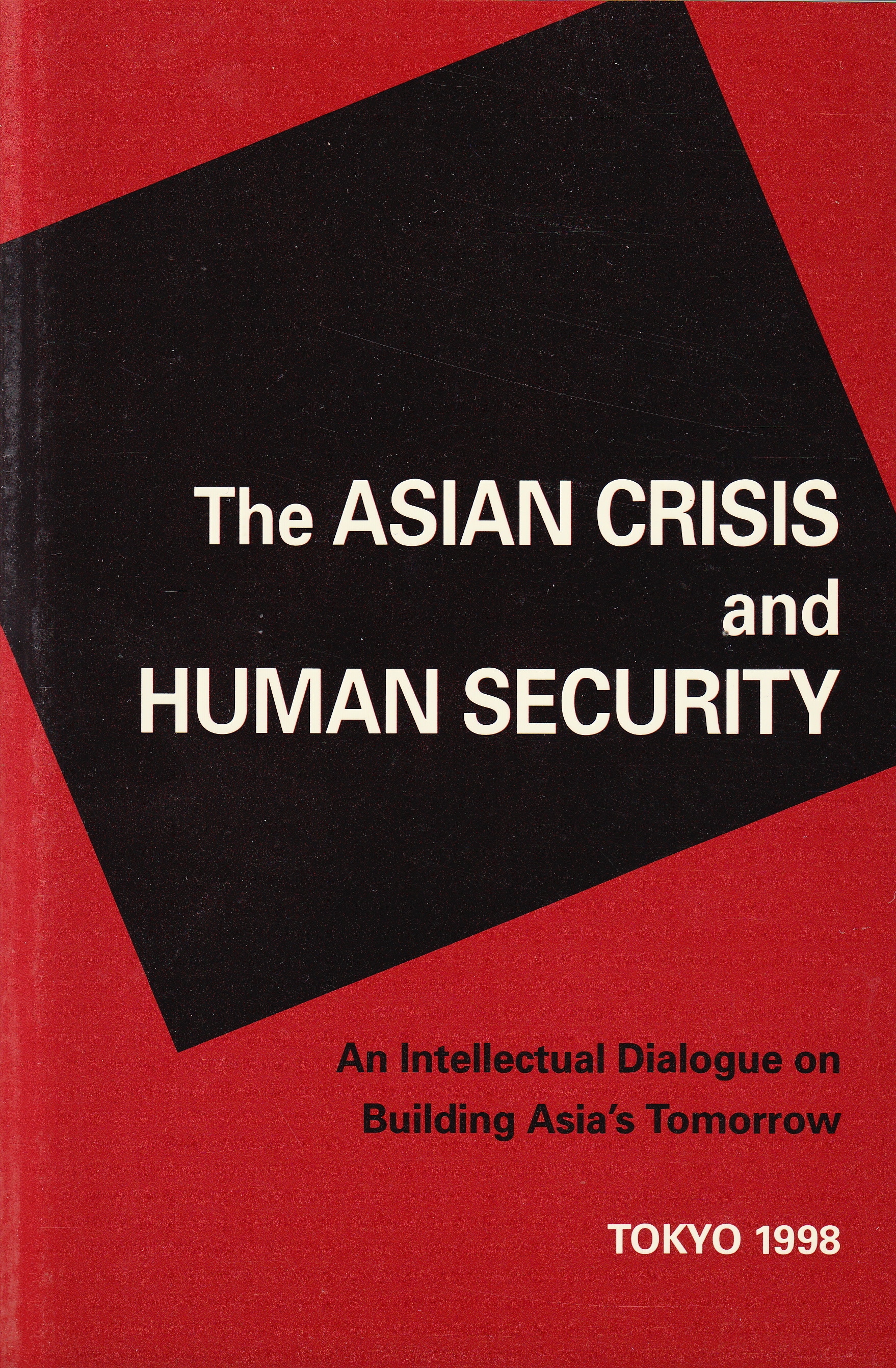Japanese Prime Minister Obuchi Keizo suggested on May 4, 1998, in Singapore—when he was still Japan’s foreign minister—”an intellectual dialogue on building Asia’s tomorrow.” Such “intellectual interaction,” he argued, could “mobilize the diverse intellectual assets and resourcefulness of each country for the peace and prosperity of the Asian region.”
Such a dialogue, the Intellectual Dialogue on Building Asia’s Tomorrow, was initiated in Tokyo in December 1998. The Japan Center for International Exchange (JCIE) in Tokyo and the Institute of Southeast Asian Studies (ISEAS) in Singapore jointly sponsored a two-day conference of leading intellectuals from the region to discuss the “human security” challenges stemming from the Asian financial crisis. That conference—in which Prime Minster Obuchi delivered the opening remarks—resulted in this volume.
In sum, the key challenge for the countries of the region is finding a new path of economic development that concerns itself with human security, as well as with long-term regional growth prospects. It was felt that the development strategies followed previously were too focused on the goal of economic growth and that the edifice of growth thus created in fact rested on very unstable foundations. Consequently, the financial crisis has impacted the most vulnerable segments of Asian societies especially severely. And as strategies for the region’s revival are contemplated, addressing the socioeconomic consequences of the crisis is a necessity if the fallout from the crisis is not to be a grave drag on long-term regional prospects.
As keynote speaker, Thai Foreign Minister Dr. Surin Pitsuwa, declared, “as we set our sights on Asia’s tomorrow, we need to think in terms of shared prosperity with a human face. We need to think of development with compassion. As we in Asia seek to recover from the economic crisis, we shall need to draw strength from one another to create a synergy that would light up the way toward Asia’s renewal.”
Contents
- 1. Speeches
- Opening remarks
- Obuchi Keizo
- Keynote Speech
- H.E. Dr. Surin Pitsuwan
- 2. Synopsis of Presentations and Discussions
- Session 1: The Asian Crisis: Meeting the Challenges to Human Security
- Session 2: Meeting the Challenge 1: The Role of Intellectual Exchange
- Session 3: Meeting the Challenge 2: The Role of Governments, International Organizations, and Civil Society
- Session 4: Beyond the Current Crisis: Regenerating Asia/Building a Better Asia
- 3. Background Papers
- Human Security Dimensions of the Asian Financial Crisis: A Compendium of Research Materials
- Chia Siow Yue, Shamira Bhanu
- The Role of Intellectual Exchange
- Jusuf Wanandi
- 4. Appendices
- Agenda
- 5. Participants

